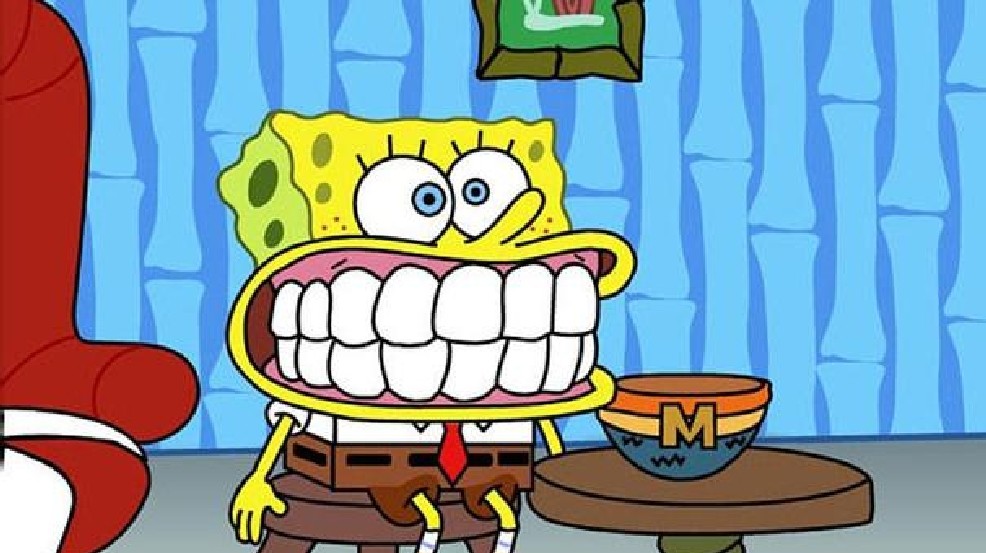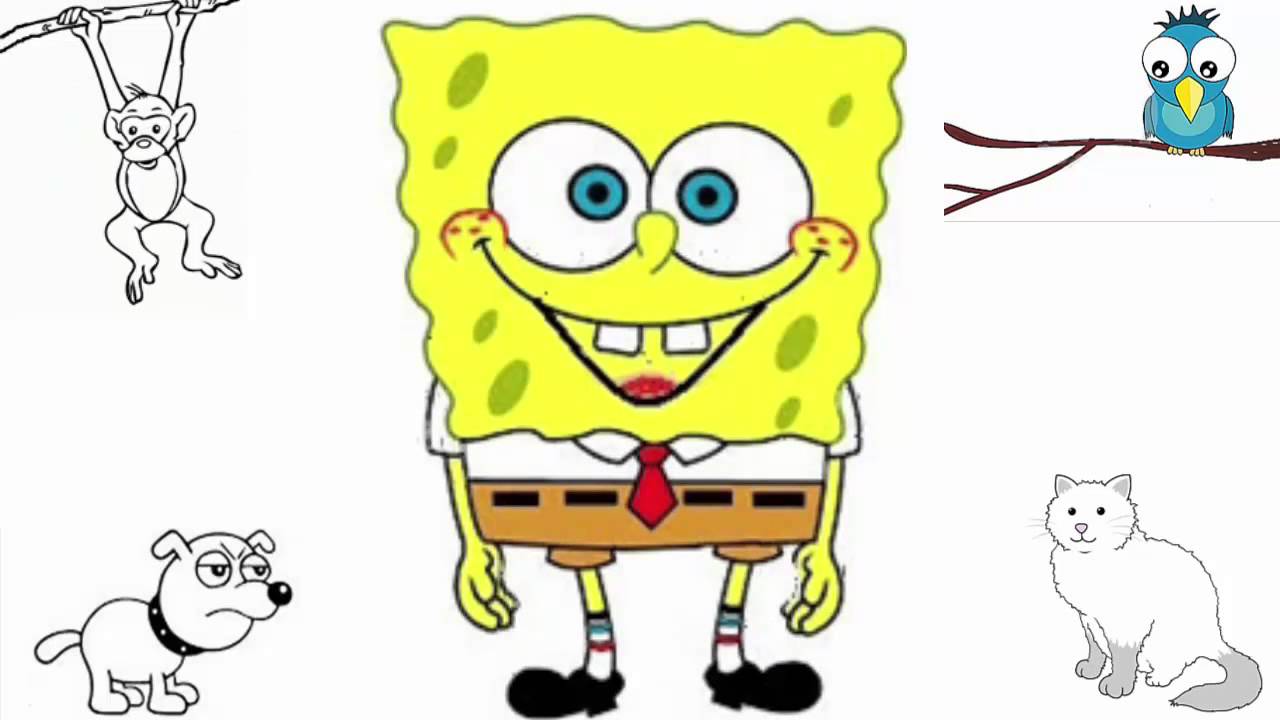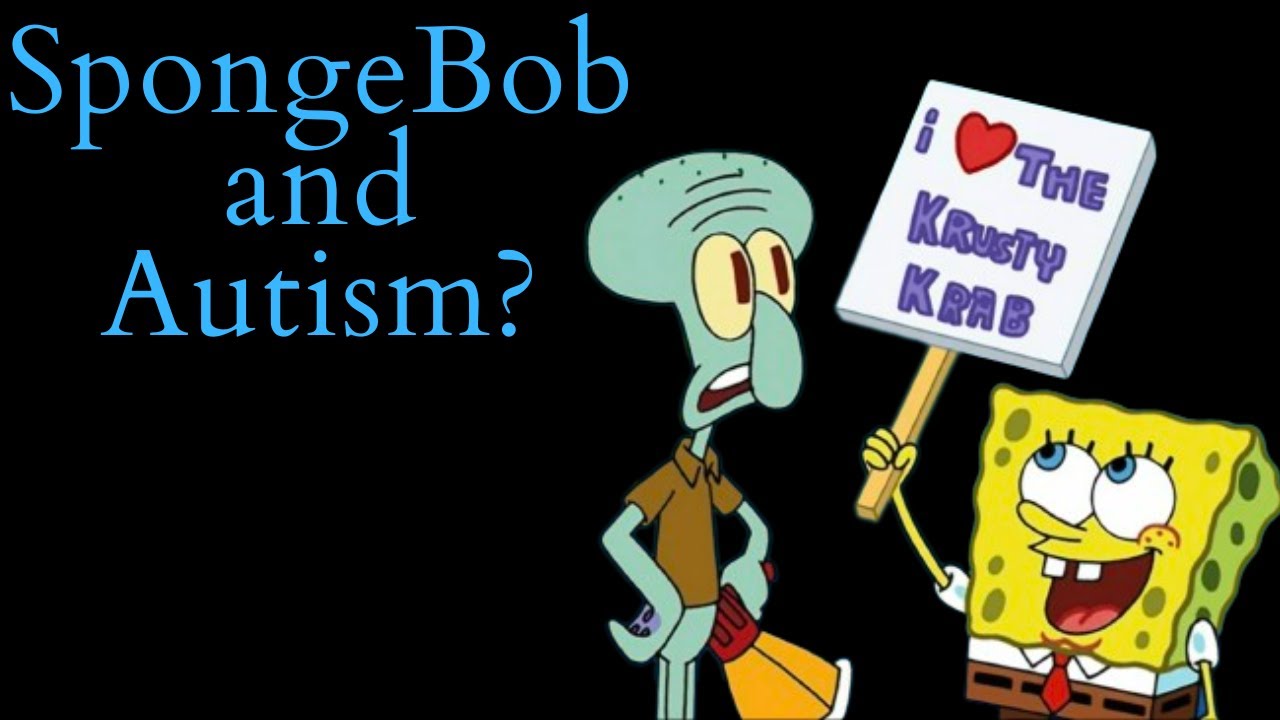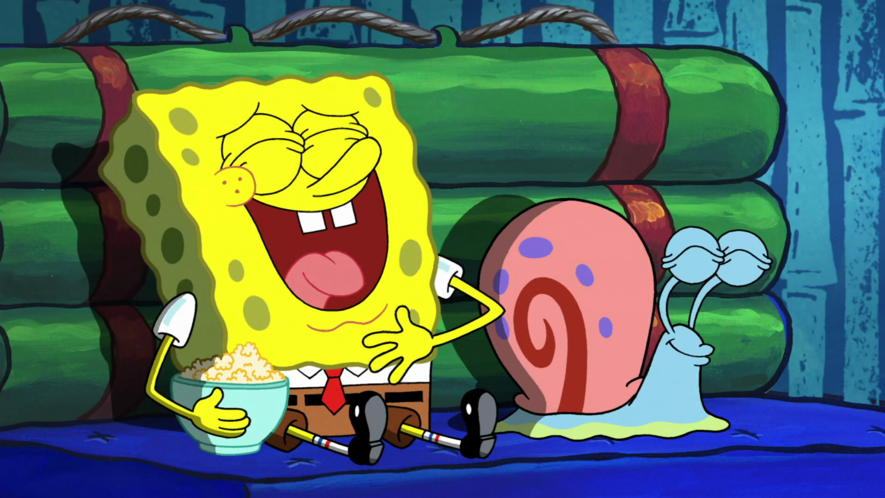Movie News
Does SpongeBob Have Autism? Unraveling the Beloved Character’s Personality
SpongeBob SquarePants, the beloved character from the hit animated series that shares his name, has endeared himself to millions globally with his contagious positivity and eccentric behavior. Yet, within the laughter and escapades of Bikini Bottom, a recurring inquiry emerges among both fans and theorists: “Does SpongeBob have autism?” Let’s find out this issue with Alibaytoon Store right here.
Does SpongeBob Have Autism?
Enthusiasts and analysts alike have dedicated significant scrutiny to SpongeBob’s behavior, meticulously dissecting it through the lens of autism spectrum disorder (ASD). Despite the absence of explicit confirmation from the show’s creators regarding SpongeBob’s neurodivergence, observers note striking parallels between his demeanor and traits commonly associated with ASD. The character’s unwavering fixation on particular interests, occasional social awkwardness, and unique communication patterns all contribute to the ongoing debate: “Does SpongeBob have autism?” This question, though speculative, has sparked a broader conversation about neurodiversity representation in popular media and the intricacies of character interpretation.

Analyzing SpongeBob’s Behavior:
SpongeBob’s steadfast dedication to his job at the Krusty Krab, his encyclopedic knowledge of jellyfish, and his boundless enthusiasm for bubble-blowing appear to align with the hyper-focus often observed in individuals with autism. Additionally, his occasional struggles with social cues and discerning sarcasm, along with his literal interpretation of language, reflect traits commonly associated with those on the spectrum, further fueling speculation about “Does SpongeBob have autism.”

Contrasting Views:
Nevertheless, it’s crucial to acknowledge the intentional exaggeration of SpongeBob’s persona for comedic purposes, effectively blurring the lines between innocence and eccentricity. This deliberate characterization serves as a cornerstone of the show’s humor, inviting audiences to laugh at the absurdity of SpongeBob’s antics while simultaneously empathizing with his endearing qualities.
However, amidst the laughter, some critics raise valid concerns about the implications of assigning a diagnosis to a fictional character. They argue that reducing the complexities of autism spectrum disorder (ASD) to a mere character trait oversimplifies the lived experiences of individuals on the spectrum and risks perpetuating stereotypes. By associating specific behaviors exhibited by SpongeBob with ASD, there’s a danger of reinforcing misconceptions and stigmatizing those with neurodevelopmental differences.

Moreover, the discourse surrounding “Does SpongeBob have autism?” extends beyond mere speculation about a cartoon character’s neurodivergence. It prompts us to consider broader questions about representation, authenticity, and the responsibility of creators in depicting diverse experiences. While exploring the possibility of neurodiversity in fictional characters can foster empathy and understanding, it must be approached with sensitivity and nuance to avoid oversimplification and misrepresentation.
In essence, while SpongeBob’s character may exhibit traits reminiscent of ASD, it’s essential to view such interpretations within the context of a fictional narrative crafted for entertainment purposes. Rather than seeking a definitive answer to whether SpongeBob has autism, perhaps the more valuable takeaway lies in fostering dialogue, challenging assumptions, and promoting greater awareness and acceptance of neurodiversity in all its forms.

Creators’ Intentions:
Stephen Hillenburg, the late mastermind behind SpongeBob SquarePants, envisioned the character as perpetually optimistic and childlike, embodying innocence and curiosity. While Hillenburg’s primary aim wasn’t to depict autism explicitly, SpongeBob’s endearing quirks have sparked global dialogues and interpretations, including inquiries into “Does SpongeBob have autism.”
In the realm of animation, characters like SpongeBob SquarePants act as reflective surfaces, mirroring different facets of the human experience. Whether SpongeBob indeed embodies traits of autism remains speculative, but what’s undeniable is the universal joy and laughter he evokes in audiences of all ages. Ultimately, whether considered neurotypical or neurodivergent, SpongeBob’s enduring charm lies in his ability to resonate with the child within each of us, encouraging us to embrace life with a smile, as we ponder the question, “Does SpongeBob have autism?”
